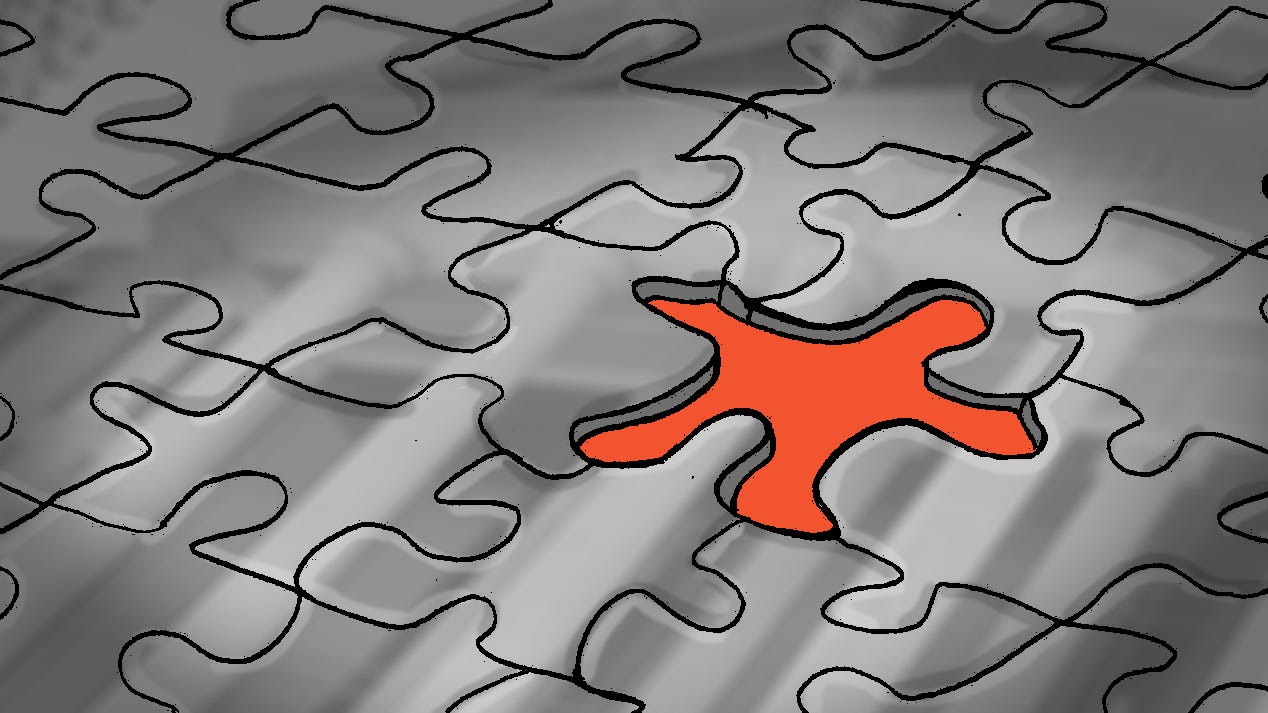Forgiving the Unpayable Debt
Squaring Accounts in Death Cases
What’s the value of a human life? It’s an impossible question to answer definitively, yet each week, lawyers gather in courtrooms across the country to select twelve strangers off the street and demand that they come to a figure. In my experience, it’s often between $5 million and $25 million. If the death was heinous or the defendant’s behavior egregious, I’ve seen nine-figure verdicts – before punitive damages. Fear of those verdicts often compels pretrial settlements. Whether it’s a settlement or a verdict, the answer to the question of the value of a human life is always expressed in dollars.
We understand, of course, that the value of a human life is incalculable. We call the money lawyers win for families in wrongful death cases “compensatory,” although we know that no amount could ever compensate for the loss of a son or a sister, a father or a wife. In the book “Debt: The First 5,000 Years,” anthropologist David Graeber writes, “In a human economy, each person is unique, and of incomparable value, because each is a unique nexus of relations with others.” You cannot replace my son with your son. Because a person cannot be replaced, taking a life, whether by malice or negligence, is to assume a debt that cannot be repaid. When a debt cannot be repaid, the only alternative is to negotiate terms for forgiving the debt.
David Graeber also explores the ancient tradition of paying “weregeld” or “blood wealth,” which he describes as “money presented to the family of a murder victim so as to prevent or resolve a blood feud.” He writes: “At best, those paying blood wealth, by admitting the existence of the debt and insisting that they wish they could pay it, even though they know this is impossible, can allow the matter to be placed on permanent hold.” Damages awarded in a civil death case are not just to compensate the bereaved; they are to buy forgiveness of an unpayable debt.
Mediating a death case is, at least partially, about negotiating the price of the plaintiff’s forgiveness of that debt. In my experience, plaintiffs do best when they can demonstrate the value of the life lost in the terms Graeber defined – by communicating what made that person unique and defining the roles that person played within their “nexus of relations with others.” Defendants often do best when they honor the ancient intent of “weregeld” (“geld” is the etymological root of the word “guilt”) and as Graeber says, offer “... a regretful confession of the crime with a petition of forgiveness.” A little contrition can go a long way.
When settlement negotiations stall, it can be worth taking a step back and reframing the goal of the justice process. A settlement in a civil matter is a squaring of accounts. Graeber says, “Squaring accounts means that the two parties have the ability to walk away from each other.” I have found that plaintiffs can have a hard time during the settlement process because they don’t feel comfortable putting a price on the person they lost. If they understand settlement funds are not meant just to compensate for their loss but also to establish terms to forgive an unpayable debt, then they may find more satisfaction in accepting a good offer and moving on with their lives. When defendants can come around to looking at a settlement as a business transaction that allows them to square an account and walk away from an unpayable debt, they may be more inclined to embrace the rare opportunity.


